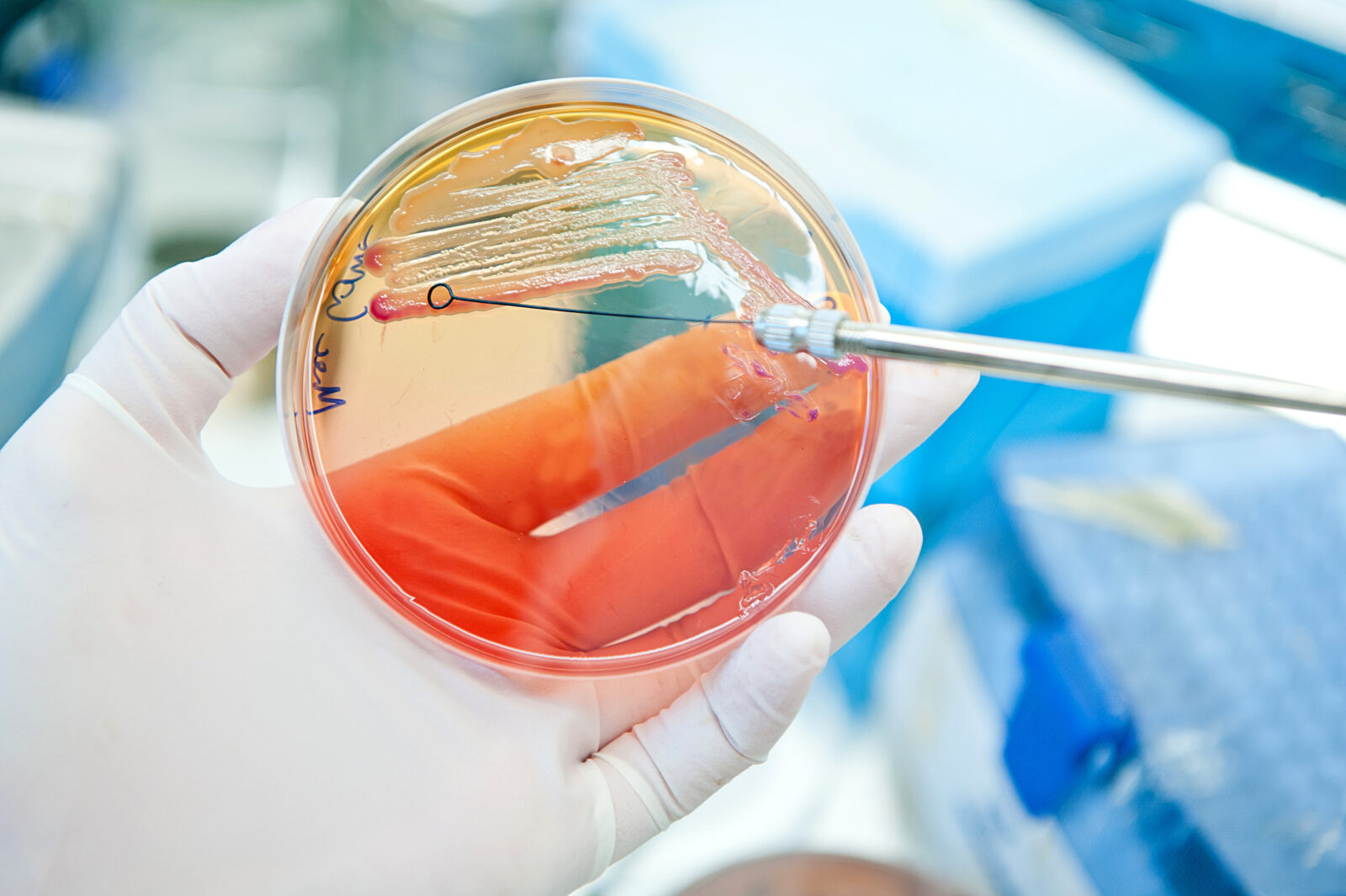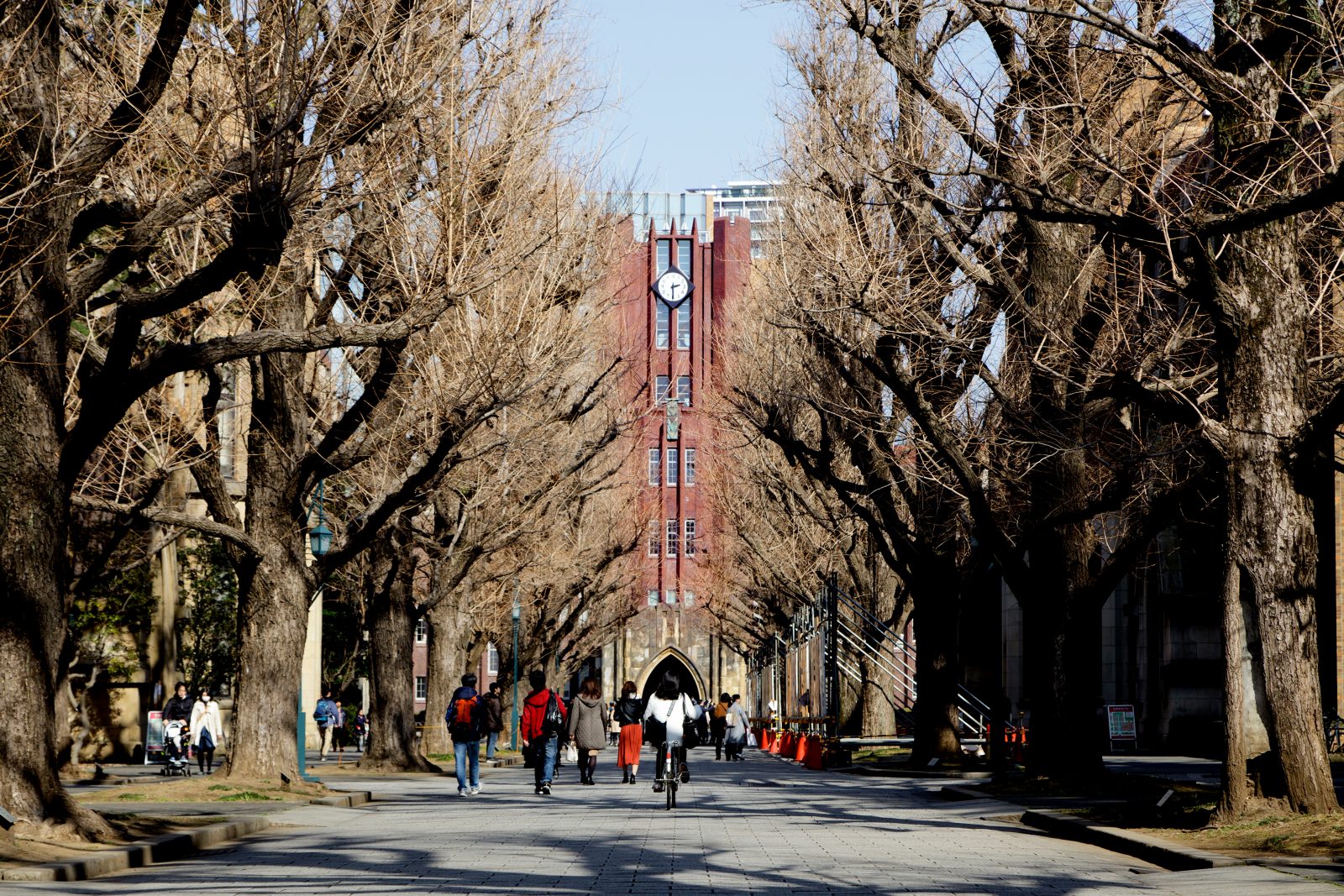


Origin-of-Life Mystery at the University of Tokyo, Pt. 2
Today’s ID the Future is Part 2 of physicist Brian Miller exploring a recent report from the University of Tokyo claiming a big breakthrough in origin-of-life research. As Miller and host Eric Anderson make clear, the university’s laboratory work on RNA, detailed in a recent Nature Communications article, involved the intelligent interference of the lab scientists and, despite this intelligent interference, the devolution of RNA rather than the evolution of increasing RNA sophistication. Miller says that it’s ironic that Steven Novella, a scientist committed to puncturing science hype, seems to have fallen for the hype surrounding this laboratory work. Miller and Anderson go on to discuss critiques of origin-of-life tall-tale claims, critiques coming Robert Shapiro, James Tour, and others. Life, Miller says, requires organizational blueprints and design logics already in place to battle against nature’s relentless tendency toward entropy. Without those sophisticated organizational blueprints already instantiated in living cells and sophisticated molecular machinery, natural forces appear utterly powerless to pull off the kind of creative design work required to move from non-life to life.

ID Pioneer Michael Behe Tangles with Two Philosophers, Pt. 2
In today’s ID the Future, intelligent design pioneer Michael Behe continues his conversation with philosophers Pat Flynn and Jim Madden. Here in Part 2 of a three-part series, Behe offers an illustration from language and Madden presses him, noting that meaning detection in language is not parts to whole. A lively exchange ensues and then Behe turns the discussion back to his primary focus, detecting design in molecular biological machines by recognizing the purposeful arrangement of parts. From there the conversation turns to everything from epigenetics, systems biology, and autopoiesis to co-option, mousetraps, tie clips, biologist Kenneth Miller, and the philosophers Aristotle and Thomas Aquinas. For Behe’s newest book, A Mousetrap for Darwin, go here. This discussion is presented here with permission of philosopher and podcaster Pat Flynn.

Dustin Van Hofwegen on Engineering and Evolution in Lilliput
On today’s ID the Future we go behind the scenes at the recent Conference on Engineering in Living Systems, where host Jonathan Witt sat down with Dustin Van Hofwegen, a biology professor at Azusa Pacific University in California. The two discuss the private conference, which brought together biologists and engineers to study how engineering principles and a design perspective can and are being applied to biology — to plants and animals but also to Van Hofwegen’s area of focus, the Lilliputian realm of microbial biology. The two quickly move into a conversation about Van Hofwegen’s article in the Journal of Bacteriology, co-authored with Carolyn Hovde and Scott Minnich, based on research they did at the University of Idaho. As Van Hofwegen explains, the research focused on one of the most ballyhooed evolutionary changes to come out of Richard Lenski’s long-term evolution experiment at Michigan State University, a decades-long study of many thousands of generations of E. coli bacteria. Perhaps the biggest evolutionary development in the course of the experiment involved some bacteria beginning to feed in citric acid. Interesting, to be sure, but as Van Hofwegen explains, E. coli already has this capacity; it’s just a matter of switching it on. Van Hofwegen, Hovde, and Minnich demonstrated this through do-or-die experiments with E. coli, which led to the bacteria developing the capacity not in years or decades, as in the Lenski experiment, but in fourteen days, in as little as 100 generations. Van Hofwegen unpacks why this is an embarrassing result for Neo-Darwinism, then he and Witt discuss another study, this one focused on antibiotic resistance but with a similar result: the findings suggested that the antibiotic resistance observed came not by evolving anything new but by tweaking something already present — in this case, by actually breaking something.

Origin of Life’s Purple Unicorn: Protocells
On today’s ID the Future, host Eric Anderson sits down with Rob Stadler, co-author with Change Tan of The Stairway To Life: An Origin-Of-Life Reality Check. The topic of discussion–protocells. Stadler notes that the simplest existing single-celled organisms are far too sophisticated to have emerged through a blind process of prebiotic evolution. He further notes that this is widely acknowledged in the origin-of-life community, but those committed to a purely materialistic origin of the first life have a fallback explanation–protocells. That is, early biological structures far simpler than anything we find today. An intriguing hypothesis, but the problems with it, according to Stadler, are legion. Tune in as Stadler and Anderson walk through several lines of evidence that appear to break against the much sought-after but ever-elusive protocell.

Casey Luskin Returns, Teases a New Book, Celebrates ID 3.0
On today’s ID the Future, Rob Crowther continues his conversation with Casey Luskin, the intelligent design proponent who previously worked for Discovery Institute’s Center for Science and Culture and has now returned. As Luskin explains, he left to pursue a PhD in geology at the University of Johannesburg in South Africa. The two discuss the wild conspiracy theories circulated by opponents of intelligent design when Luskin stepped away from Discovery Institute five years ago. Luskin also tells about an upcoming book he’s been working on with William Dembski, another intelligent design proponent who stepped away from day-to-day ID work and is now putting a foot back in the ID waters. Also on tap in today’s conversation, Luskin and Dembski’s upcoming appearance at the 2021 Dallas Conference on Science and Faith, and advances in the ID 3.0 research initiative, including some recent peer-reviewed papers.

A Mousetrap for Darwin, and Another for Richard Lenski
Today’s ID the Future extends the discussion of A Mousetrap for Darwin: Michael Behe Answers His Critics, the newest book from Discovery Institute Press. Here the focus is on Parts 4 and 7 of the new book, and in particular Richard Lenski’s Long Term Evolution Experiment at Michigan State. What has this long-running project demonstrated? As Behe explains in the book (and elaborates on in today’s podcast), “The study has addressed some narrow points of peculiar interest to evolutionary population geneticists, but for proponents of intelligent design the bottom line is that the great majority of even beneficial mutations have turned out to be due to the breaking, degrading, or minor tweaking of pre-existing genes or regulatory regions. There have been no mutations or series of mutations identified that appear to be on their way to constructing elegant new molecular machinery of the kind that fills every cell.” Listen in as Behe fills in the details with host Eric Anderson. And to dive still deeper, pick up A Mousetrap for Darwin here.

Michael Behe on E. Coli and a Citrate Death Spiral
On this episode of ID the Future, biochemist Michael Behe reviews the Long Term Evolution Experiment at Michigan State, where Richard Lenski’s team was initially excited to see what they thought was a new species forming in their flasks of E. coli. As Behe has written at Evolution News, one flask of E. coli in Lenski’s experiment evolved the ability to metabolize (“eat”) citrate in the presence of oxygen. But along with it came multiple mutations breaking genes, degrading genetic information, and ultimately increasing the bacteria’s death rates. It all goes to support Behe’s thesis in Darwin Devolves: evolution is good at creating niche advantages by breaking things; it isn’t good at building fundamentally novel form, the very thing the grand narrative of modern evolutionary theory purports to do.

Protein Scientist Douglas Axe at the Dallas Area Science and Faith Conference
On this episode of ID the Future, guest host Jonathan Witt sits down with molecular biologist Douglas Axe at the recent Dallas Science and Faith Conference. Axe, author of Undeniable: How Biology Confirms Our Intuition That Life Is Designed, had his research on protein folds published in the Journal of Molecular Biology, work showing that random mutations are not up to the task of building fundamentally new protein folds from old, a finding that poses a major challenge to modern evolutionary theory. After all, if evolution can’t build something as basic as a new protein fold, how could it build whole new organs and body plans in the history of life? But Witt presents Axe with an objection: Axe couldn’t possibly have tested more than the tiniest fraction of a fraction of all the possible amino acid combinations for the protein he studied, so how can we trust his findings? Tune in to hear Axe’s explanation, and to learn about other lines of evidence confirming his research.